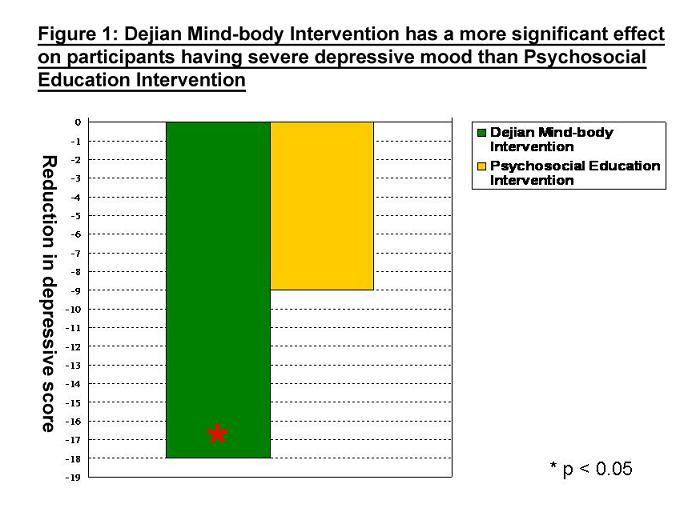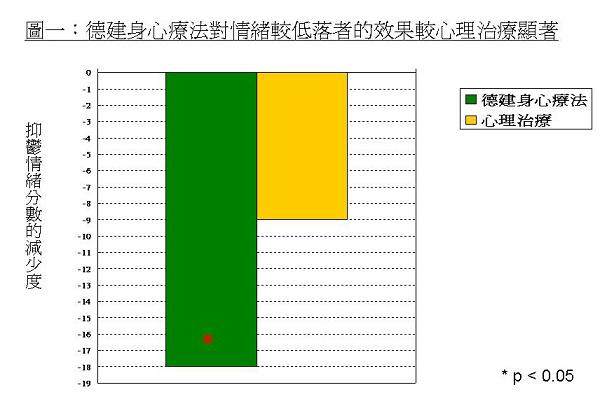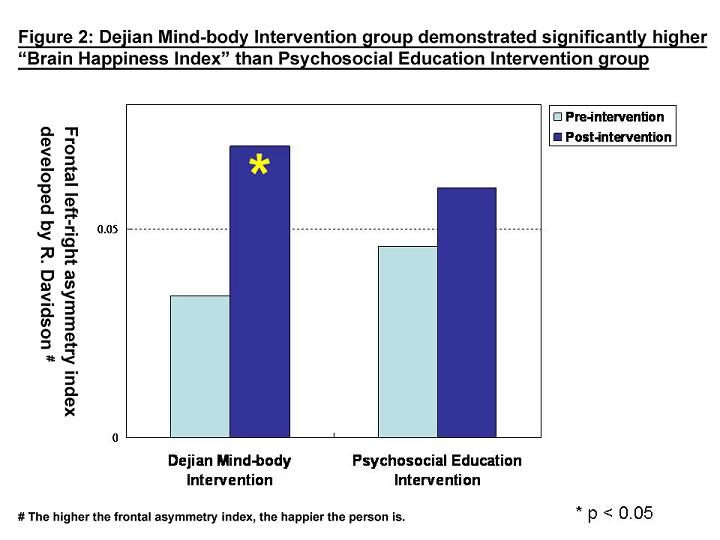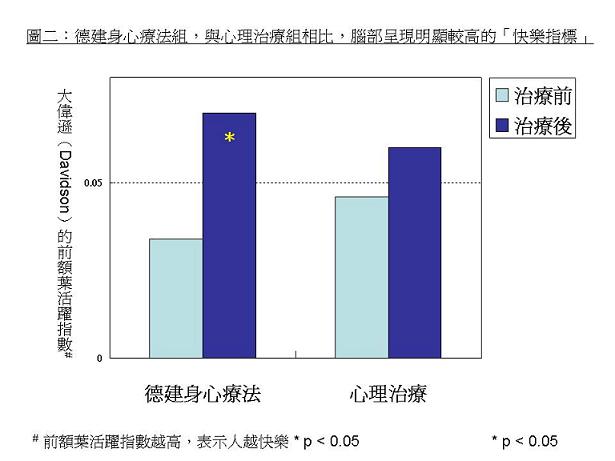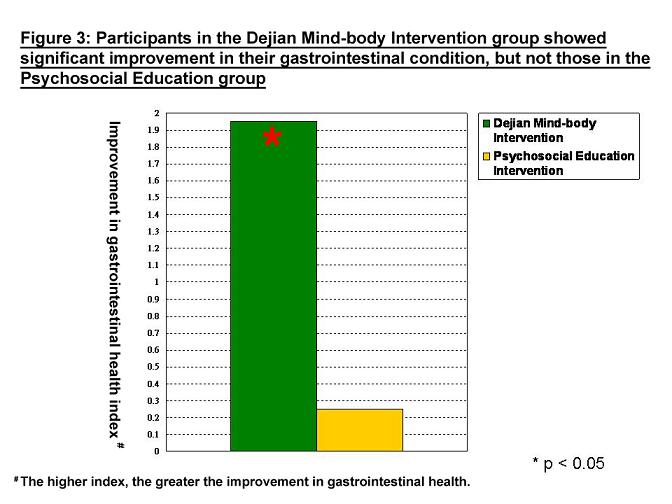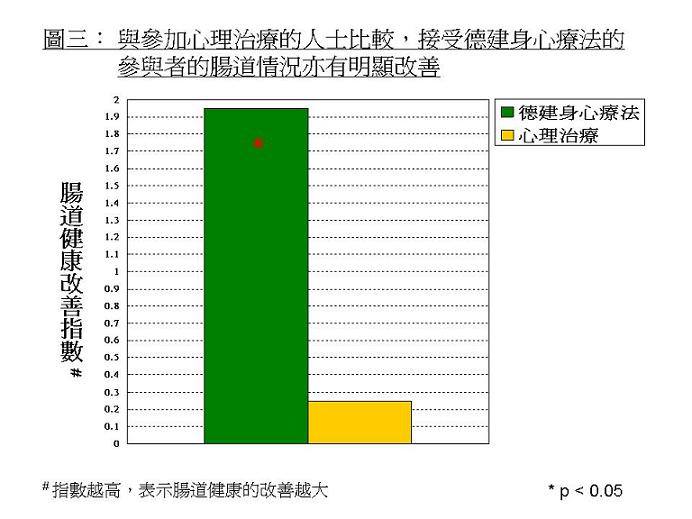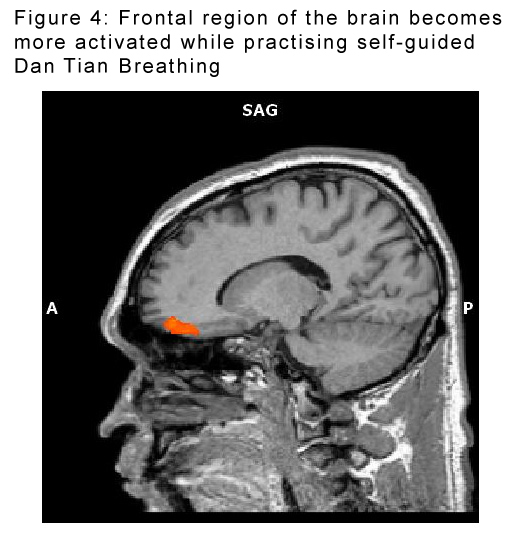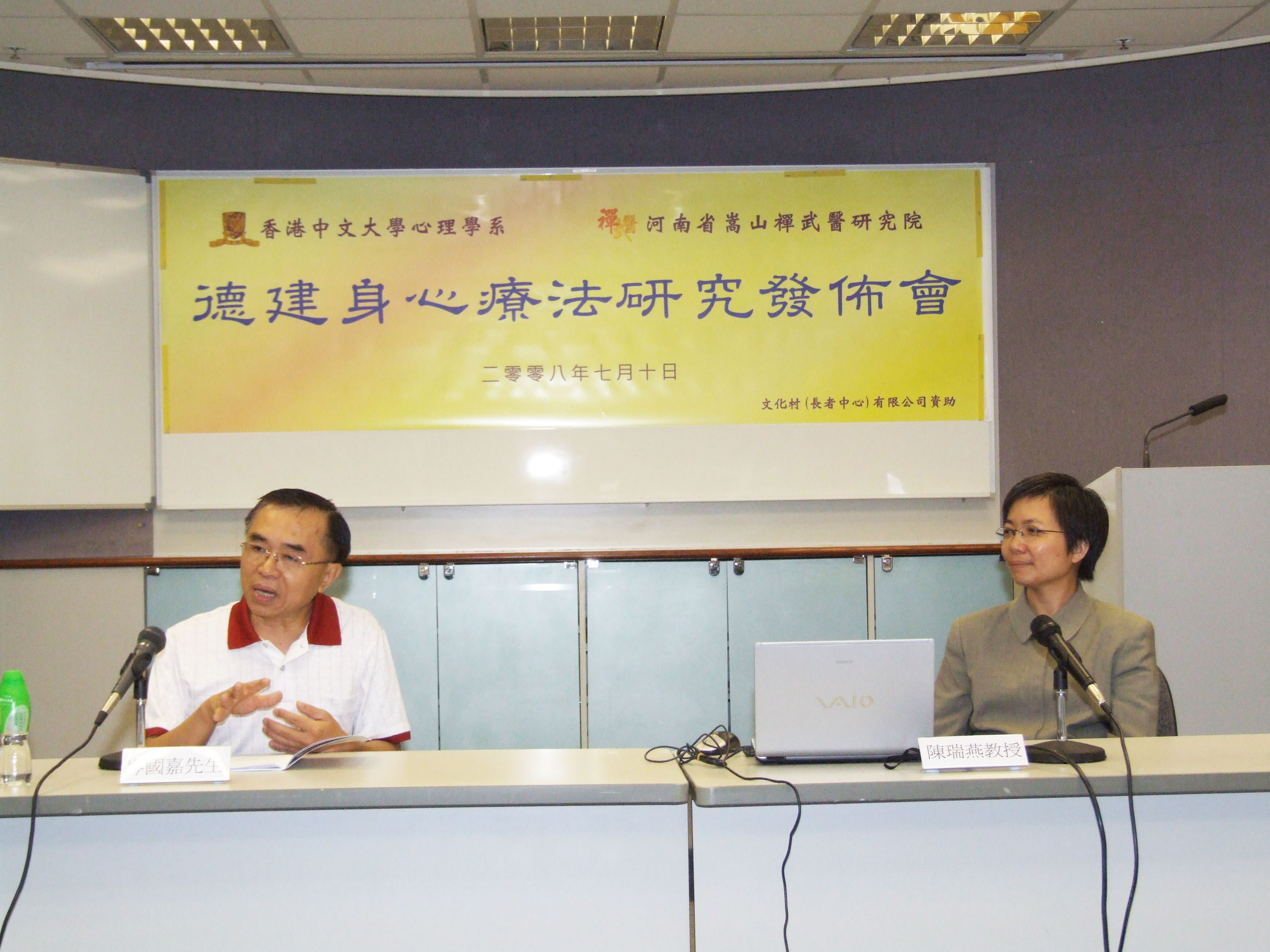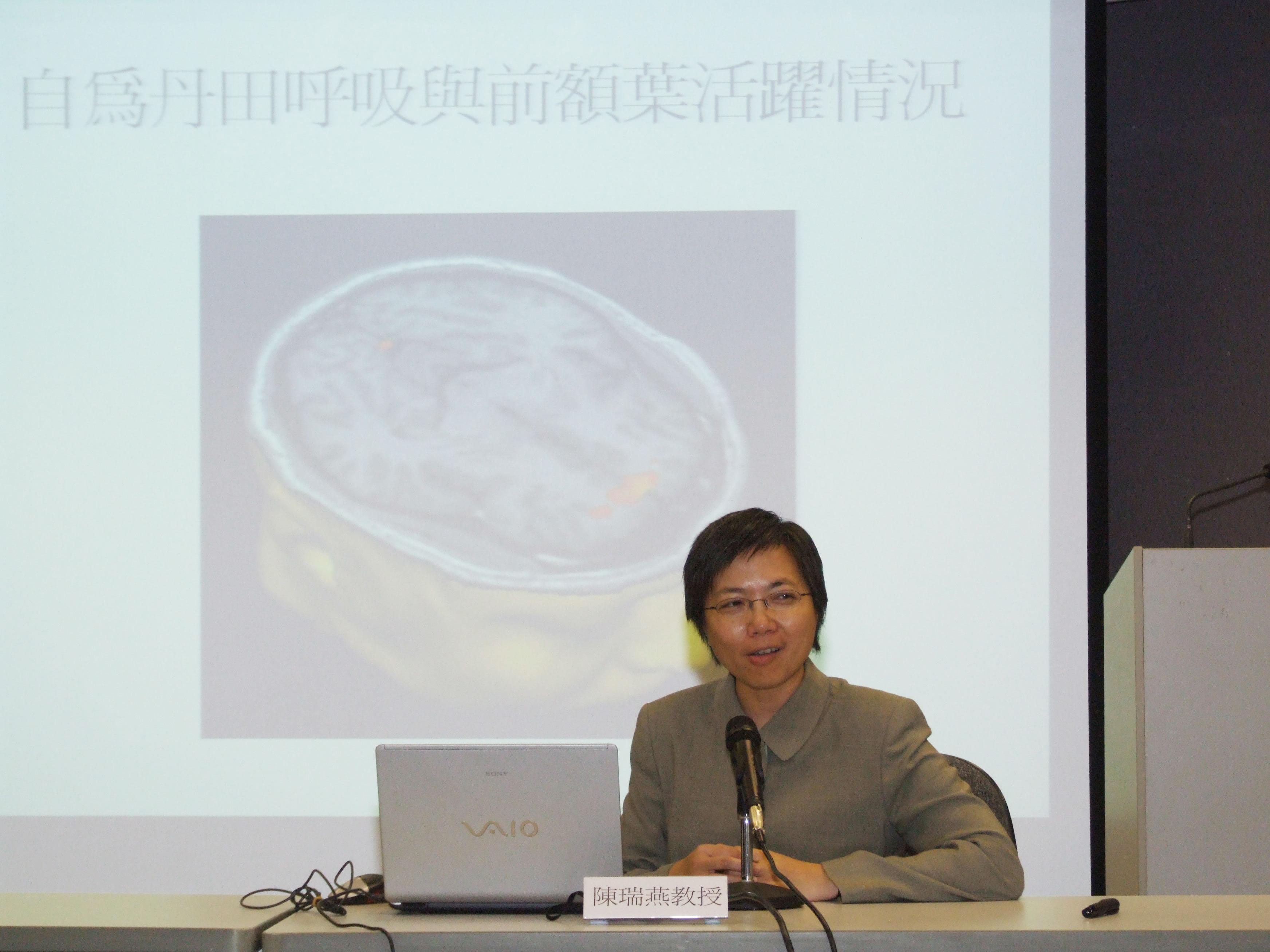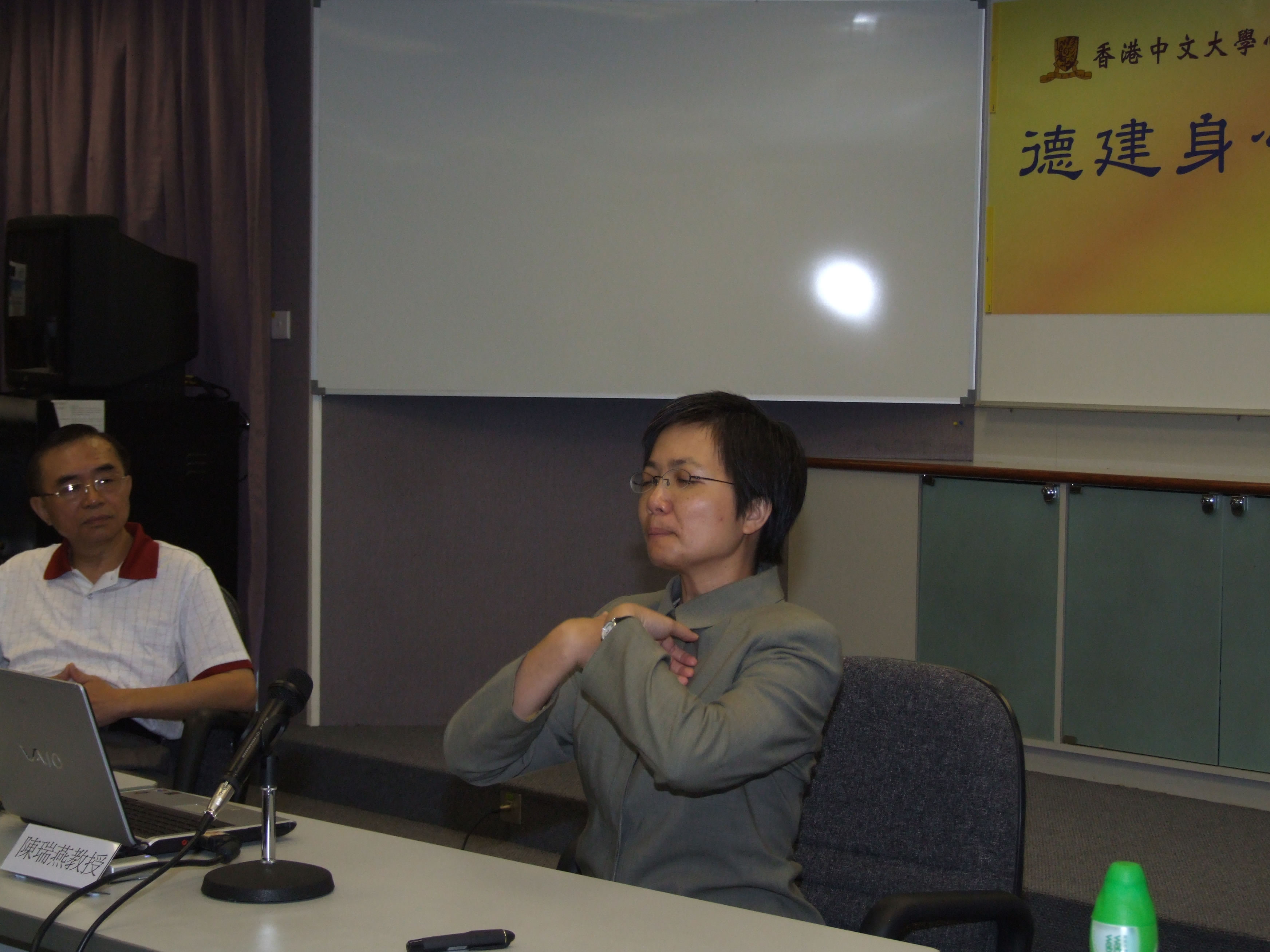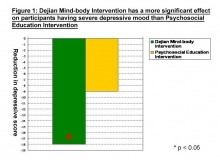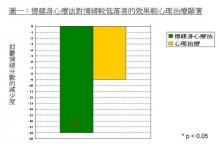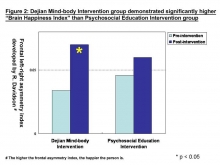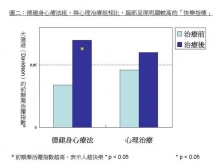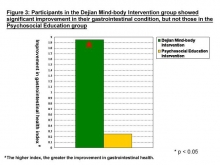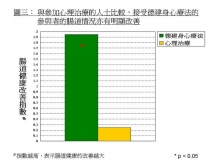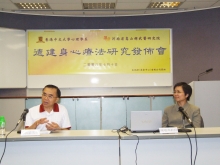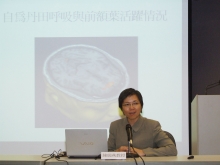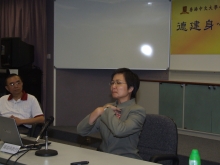CUHK
News Centre
CUHK’s Newly Developed Mind-Body Intervention Found Effective
Today’s mainstream psychological intervention approaches originate in the West. Given that culture is a significant factor affecting the effectiveness of intervention, it is hypothesized that psychological intervention based on Chinese culture and beliefs may be more applicable to the Chinese population. With this in mind, Professor Agnes Sui-yin Chan of the Department of Psychology at The Chinese University of Hong Kong (CUHK) and Master Shi Dejian of the Henan Songshan Research Institute for Chanwuyi have jointly developed a new mind-body intervention based on the original Chinese Chan (i.e. Zen) principle—Dejian (i.e. moral-based) Mind-body Intervention. In addition, with funding support from Culture Home (Elderly Centre) Ltd., the researchers have conducted a series of clinical and scientific experiments to examine the effectiveness of this intervention on psychological and physical health. The initial findings are encouraging and suggest that Dejian Mind-body Intervention is, in some aspects, more effective than conventional psychological interventions based on Western theories.
In a randomized control trial study, 40 volunteers with a mean age of 49 were randomly assigned to two intervention groups each lasting for a month. Twenty participants joined the Dejian Mind-body Intervention Group (DJ) while the other half joined the Psychosocial Education Intervention Group (PE). After undergoing a month-long intervention, both groups demonstrated improvement in mood as measured by the Beck Depression Inventory (BDI). However, for those classified as having moderate to severe depressive mood according to BDI at the baseline, the reduction of depressive mood was statistically significant only for the DJ group but not the PE group (see figure 1). Given that self-report may be subject to bias, the electrophysiological indicator of happiness, the ‘Brain Happiness Index’, was also measured before and after the intervention. The Index was developed by Professor Richard Davidson at the University of Wisconsin based on the left-right asymmetry of the EEG signals. The higher the index, the happier the person is. After a month of intervention, only the DJ group demonstrated significantly higher ‘Brain Happiness Index’. The result was also found to be statistically reliable (see figure 2). In addition, initial screening tests regarding bowel movements suggest that the participants in the DJ group showed significant improvement in their gastrointestinal condition but not those in the PE group (see figure 3). Thus, the initial findings seem to suggest that DJ intervention may have a positive effect on psychological and physical health.
To examine the possible underlying factors for the effectiveness of DJ intervention, a functional MRI study was conducted to study the cortical activation associated with a particular abdomen breathing method—self-guided Dan Tian Breathing—in DJ intervention. The results showed that frontal activation was associated with this particular type of breathing which was not observed in normal breathing (see figure 4). Given that the frontal lobe mediates human’s planning and self-control abilities, practising this type of breathing may help to improve frontal-lobe function including inhibitory control.
The research on Dejian Mind-body Intervention is in its initial stage. Professor Chan of the Department of Psychology plans to conduct further scientific and clinical studies on this newly developed intervention in the hope that the results will help make the intervention more reliable and effective, and eventually serve as an alternative to individuals wanting to consider complementary medicine.
About Dejian Mind-body Intervention
The development of Dejian Mind-body Intervention was based on traditional Shaolin Chan (Zen), Wu (Martial Arts) and Yi (Medicine) Buddhist practice, and benefited from Master Dejian’s 20 years of experience. It consists of four elements, namely, Chan practice, diet, health-promoting exercise and clear body opening. As it not only emphasizes self-growth but also social harmony, it may be more suited for the Chinese community. Master Shi Dejian has been using this approach to improve the psychological and physical conditions of many people in the past 20 years. This motivated the CUHK researchers to study its effectiveness by means of scientific and clinical experiments. It is hoped that through this project, the traditional Chinese Chan practice and health concepts will be more readily accepted and respected by the general public.
Mr Shum Kwok-ka (left), a volunteer of the trial study on Dejian Mind-body Intervention and Professor Agnes Sui-yin Chan, Department of Psychology, CUHK


